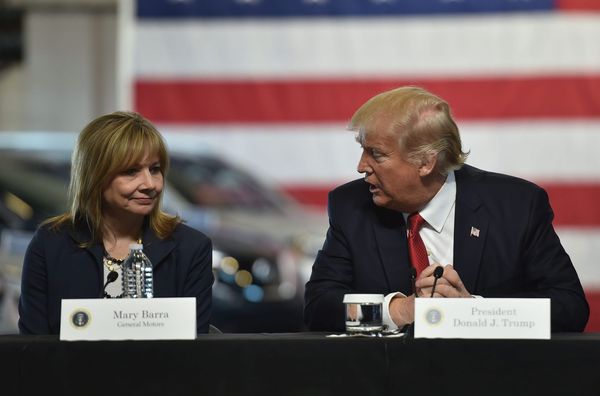
A Queensland government-owned water corporation is holding back 96 documents detailing its business dealings with Adani, refusing to answer questions or release any information about the nature of agreements it says are commercial in confidence.
The source of the billions of litres of water Adani needs every year for its Carmichael coalmine in central Queensland has been shrouded in secrecy since its bid to pipe from the Suttor River was overturned by the federal court.
But a right-to-information request to Sunwater dated in June this year, seen by the Guardian, reveals the government-owned corporation has had business dealings with Adani. The RTI was submitted by climate advocates The Sunrise Project and requested all correspondence between Sunwater and Adani between June 2021 and February 2022.
In response, Sunwater identified 96 separate documents captured by the scope of the request, but refused to disclose any of those documents, arguing that they were exempt from disclosure as this would breach contractual obligations of confidentiality.
The Sunrise Project has requested an external review of Sunwater’s refusal to disclose the documents.
Sunwater responded to questions from Guardian Australia by saying the supply of raw water to mining customers was part of its business.
“As a water service provider, Sunwater supports all industrial, irrigation and urban customers through access to a commercial water supply,” a spokesperson said.
“All Sunwater’s dealings with customers are commercial-in-confidence. On this basis, Sunwater has declined to release any further information.”
Adani, which has rebranded itself as Bravus Mining, responded to questions by saying the Carmichael mine had “the requisite water licences and access agreements in place for operations”.
“Like other industrial users we pay for the water we use, and like for other businesses, these arrangements are commercial-in-confidence,” a spokesperson said.
In the aftermath of last year’s federal court ruling, Adani said the decision would not delay the mine’s progress because it had “secured” other sources of water, of which it said the regulator – the Queensland Department of Regional Development, Manufacturing and Water – was aware.
The department last year said Adani’s only relevant licence was an “associated water licence” that would allow it to extract groundwater as necessary from coal deposits.
A Guardian Australia investigation last June revealed that the company’s executives adopted a deliberate press strategy to obscure details about its plans to source water for the Carmichael coalmine.
In the absence of the documents and with both parties citing commercial confidentiality, the volume of water – if any – that Sunwater is supplying to Adani, its source and the price of any arrangement remains unknown.
The Greens MP Michael Berkman raised questions on the issues at budget estimates on Wednesday night, and referred to a separate RTI request by the Australian Conservation Foundation that found Sunwater had a contract to supply water to Adani through to 31 August 2020.
Given these prior dealings, Berkman asked Sunwater’s chief executive, Glenn Stockton, if it had any current contracts with the mining company.
Stockton declined to answer, citing commercial-in-confidence reasons.
Asked about the source of any water that Sunwater was providing to Adani, Stockton said its customers in the Bowen Basin received it from two key sources: via pipelines from the Burdekin River and the Eungella Dam.
Berkman told Guardian Australia that the company needed to come clean about its dealings with Adani.
“Sunwater is a public company and the government knows a big section of the public would be pissed off if they knew about this,” Berkman said.
“That is exactly why they hide behind commercial in confidence as an excuse.”
The Maiwar MP said Adani had been “incredibly secretive” about how it would source the “many thousands of megalitres of water it needs to run its mine”.
“Publicly owned companies shouldn’t be propping up new thermal coalmines,” he said.
Berkman also raised concerns over “very large but unknown” amounts of water drawn near the site, which had raised fears about the drainage of the nearby Doongmabulla Springs.







